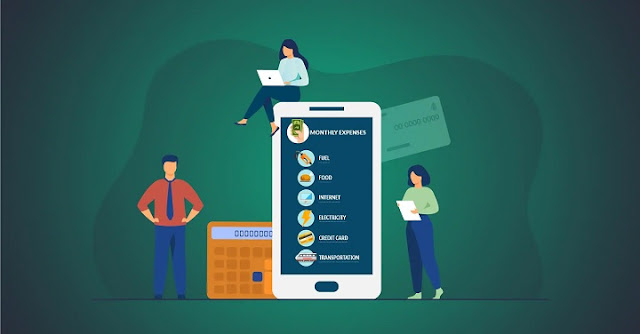Making a personal budget can be overwhelming but it is not that difficult. And the best thing about a personal budget is, it can lead you to financial freedom.
A personal budget is nothing but a summary which keeps a track on your spending for a certain period.
Typically, people prepare a monthly budget and to follow that you don’t have to be strict. It’s a simple calculation like, this month you are expecting to get X and out of that Y may go in rent, Z may be on food, etc. and remaining is your savings.
What personal budget do?
Personal budget is a monthly budget planning tool which gives you a direction on how much you should spend and where. For example, if you think, you can spend 40% of your monthly income, personal budget can guide you out of this 40%, how much should be for rent, food, travel, etc. This way, you can always a control on what you are spending and where you are spending.Please note – budget ONLY works if you are brutally honest about your income and expenses. Don’t ever set unrealistic goals for your expenses. This is not for what the personal budget concept is. Sit with a pen and paper and list down all possible earnings and expenses and if your expense is going more than your expectation, see what areas are where you can have cost cutting. For example, if you spend 10% of your income on eating out, maybe you can be disciplined and reduce to 5 or 6% for the time being.
How to make a personal budget in 5 steps:
To create an effective and sustainable personal budget, please follow some of the steps shared below-#1 Start with your financial papers
Yes, the first step is to understand your current finances and for that start gathering your bills and statements from all your financial systems. This can be your-• Bank statements
• Investment accounts
• Utility bills
• Credit card bills
• Receipts from the last three months
• Any kind of secured or unsecured loans
If you have a loan to settle, include that as well. Also, if you have multiple loans running, it’s usually a good decision to combine those in one and then start paying. This applies to all sorts of people with good or bad credit history. You can read more about this here.
#2 Calculate your income
How much paycheck are you expecting per month? If you are a salaried professional, then you will be getting a salary after tax deduction, and you should be fine. But if you are a businessman then you should put your salary after taxes.Also, if you are freelancer where the amount is not fixed, consider adding the value which is the average of the year or take the minimum value to put in the monthly income. This way, you can be super safe.
#3 Create a list of expenses
Next on the list is to create a list of all the expenses you will make during the entire month. This may include EMIs you may be paying for as well as simple eating outside. Try to make this granular as this way, you can plan for every possible thing.• EMI payment – car/home/credit card/etc.
• Insurance- all sorts of
• Groceries
• Utilities
• Entertainment
• Personal care
• Eating out
• Childcare
• Travel/transportation
You can use your bank or card statements to make this list easily and correctly. A good idea could be checking the last three months of statements.
4. Fixed vs variable costs
Fixed expenses are those which are fixed irrespective of months. This can include the EMI you pay, child-care costs, phone/paper bills, and more. Whereas spending like food, transportation, shopping, etc. are variable costs and may vary on month-on-month basis. The variable cost can be your savings opportunity.By doing this exercise, you will be able to understand the split of fixed vs variable cost. Fixed cost is something which you may not have been able to manage and so it’s variable cost which will be a great point to analyze and reduce your cost.

No Comment to " How To Make A Personal Budget - Quick Guide "
Please make your real thoughts/comments and don't spam. Spam comments will be removed immediately.